5 Classic Literature Books Every Woman Should Read To Learn About Femininity
Humans learn by imitation, and learning about femininity is no different. Women learn what it means to be a woman from their families and from culture, including books.
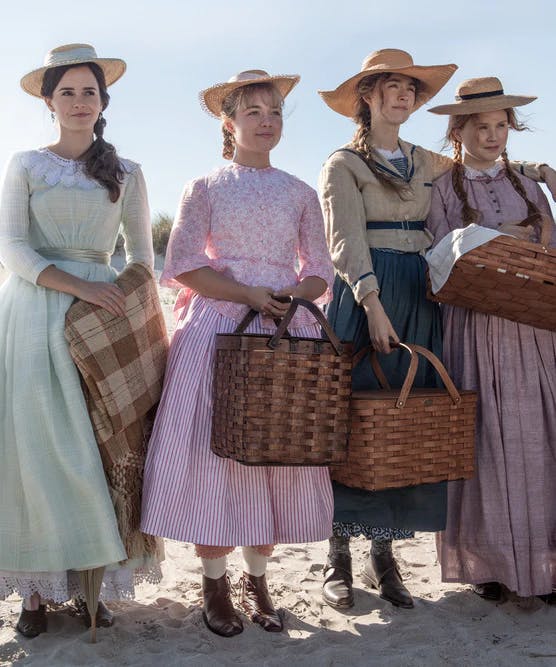
Here are five works of classic literature that every woman should read to learn more about femininity.
The Merchant of Venice, by William Shakespeare
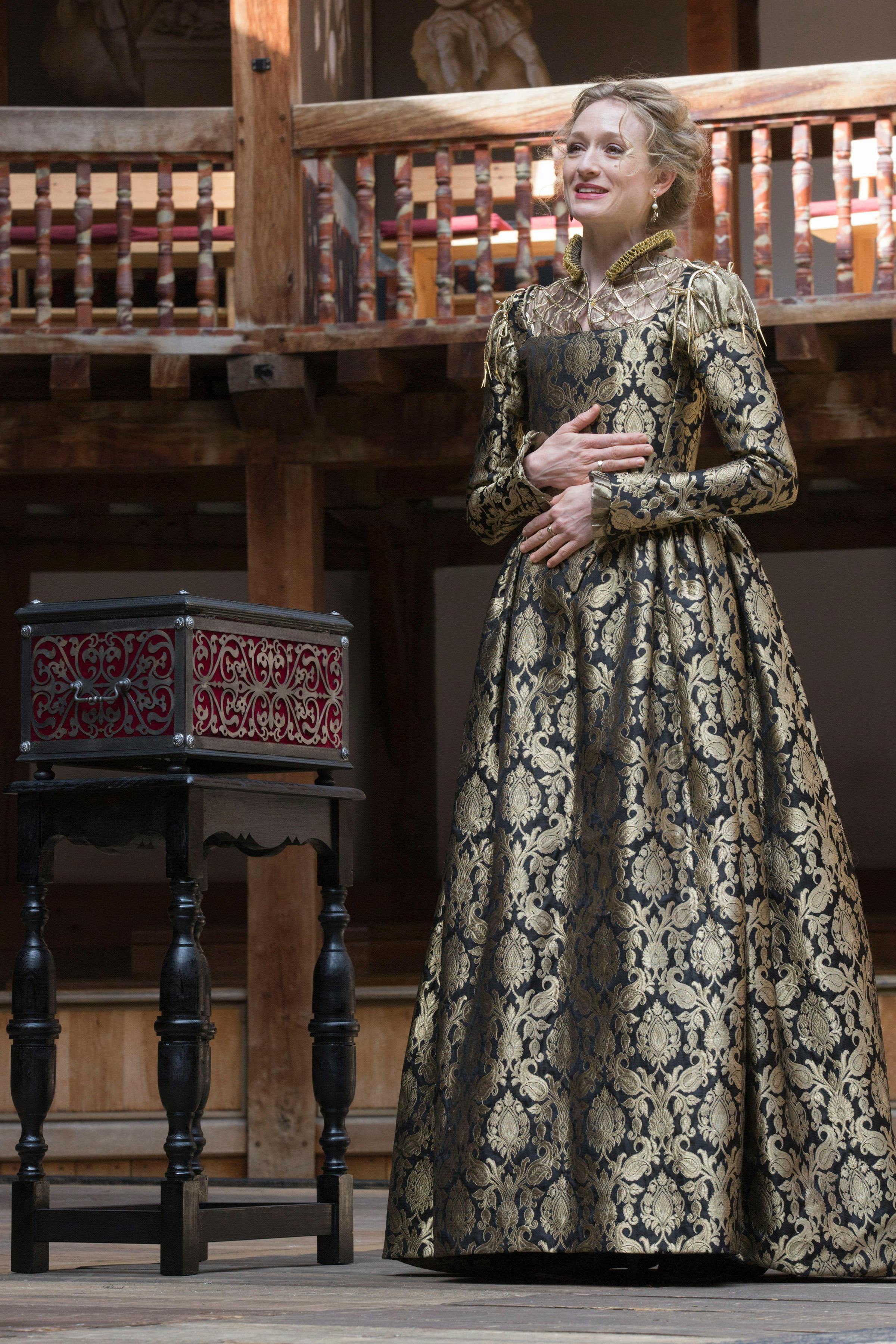
Interwoven in the plotline of the hatred between the merchant Antonio and the Jewish moneylender Shylock is the story of Portia. Rich, beautiful, virtuous, clever, and single, Portia is a high-value woman in all senses of the phrase. But Portia is in a unique position — according to the terms of her father’s will, she can’t choose her own husband. Instead, all suitors must pass a test, choosing between three caskets. Whoever chooses correctly, wins Portia (and all her money). Whoever loses must not only quit her house immediately, but must make a solemn vow to never marry anyone at all. This strange test actually holds a lot of wisdom. Not only does it protect Portia from greedy, shallow suitors, but it also highlights her dignity and value — a man must risk everything to win her. Note, however, Portia is only “worth” the risk because she is so amazing. A woman with less intelligence, beauty, virtue, and money wouldn’t tempt any man to risk everything for her.
The Scarlet Pimpernel, by Baroness Orczy
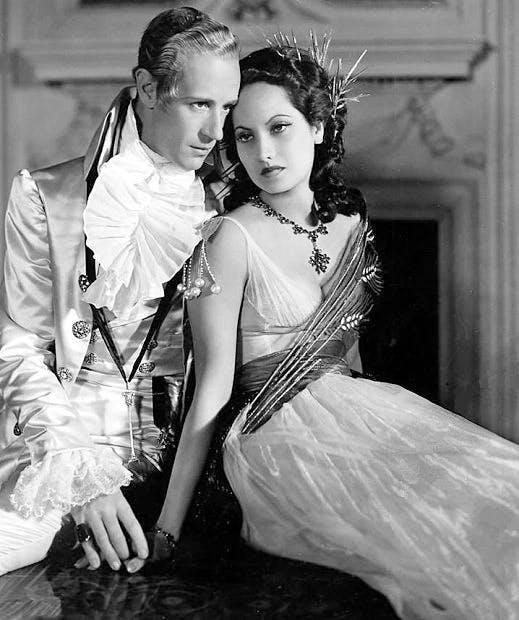
Set in the French Revolution, Marguerite St. Just is a good example of the harm that the dark side of femininity can do. When her brother Armand, a plebian, falls in love with the daughter of a French aristocrat, the Marquis de St. Cyr, it’s viewed as an insult. The Marquis has Armand attacked and beaten within an inch of his life. Marguerite is incensed at how her beloved brother was treated and seeks revenge by reporting some treasonous activity by the Marquis that she happened to know about. She merely wanted to cause the Marquis some trouble and discomfort as payback, and in the fullness of her emotions, she didn’t consider all the possible consequences of her actions — namely, the death of the Marquis. Marguerite’s protective love for her brother — her only living family member — gets blown out of proportion by her pride and vengeful anger, a corruption of the feminine maternal quality.
Shortly after Marguerite marries the British Sir Percy Blakeney, he hears rumors about the role his new wife played in the death of the Marquis. Quite reasonably, Sir Percy asks for an explanation — which Marguerites refuses to give. Why? She was too proud, but mainly she wanted to test his love, so she unreasonably demanded unconditional love and acceptance without the facts. Her lack of vulnerability and irrational demands wound the pride and the honor of her husband, and he emotionally withdraws, causing a rift in their marriage. Marguerite makes critical decisions directed by her strong emotions without enough (or any) rational consideration, which leads to serious negative consequences for herself and others.
Little Women, by Louisa May Alcott
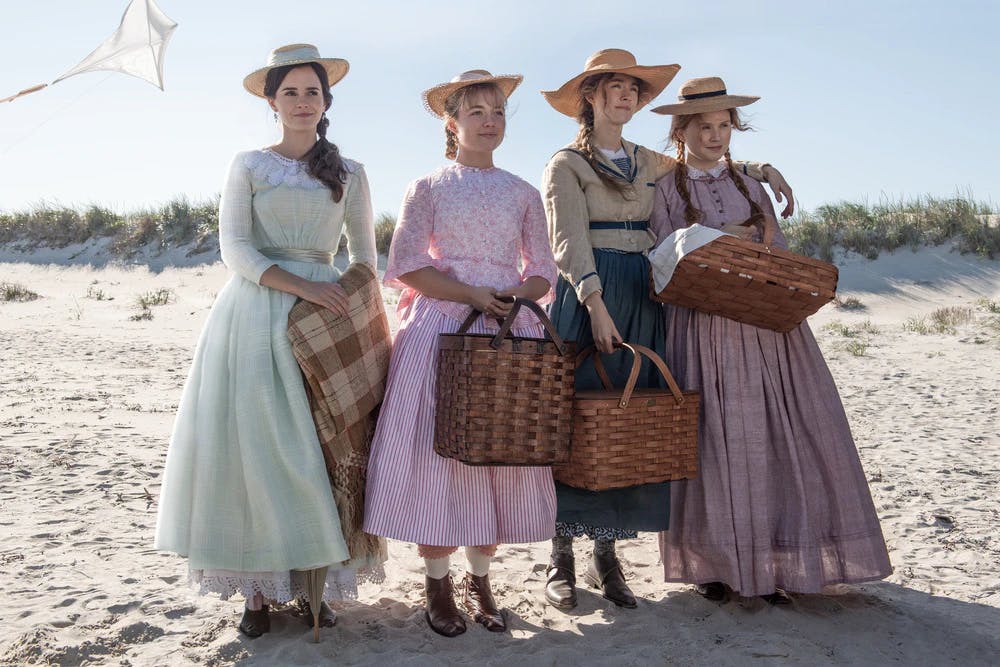
In Little Women, Louisa May Alcott is somehow able to take the pains and sibling tensions of growing up and show the fruits and beauty of sisterhood. She shows different expressions or paths of femininity with each sister: the humble wife, the ambitious worker, the quiet homebody, the sophisticated lady. Even though each sister is so different, each is treated with equal dignity, and each sister’s choice of how to live their femininity is honored.
We see the girls struggle with issues we struggle with today — vanity, comparing ourselves to others, striving to find the balance between chemistry and compatibility, pride, and anger — and how they strive to overcome them and grow in feminine virtue. We also see the importance of a wise and loving mother throughout the book. With warmth and a quiet strength, Marmee aids her daughters’ growth in virtue and femininity and in becoming more fully themselves.
Pride and Prejudice, by Jane Austen
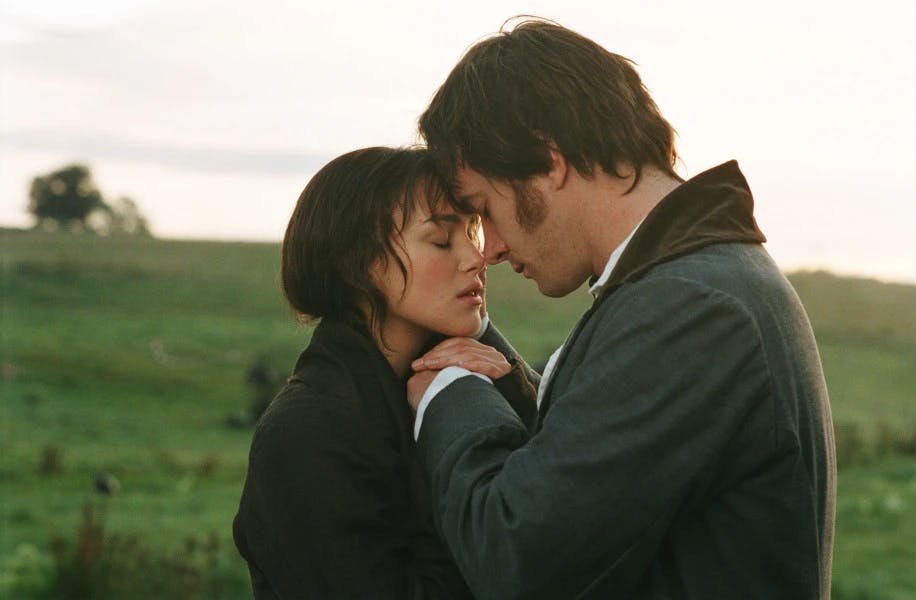
Elizabeth Bennet is a great example of the dynamics of femininity in a romantic relationship. Elizabeth comes to know and appreciate Mr. Darcy for who he is. She’s not blind to his faults (like, at all), but she sees and admires the good in him. She respects him — for his character, not his money and position (although she understands how his money and position have shaped him).
Elizabeth motivates Darcy to become a better man, while also allowing herself to be appropriately influenced by him. She is able to both be herself around Darcy and to continue to grow into the best version of herself. She shows the humility and self-reflection necessary for a healthy relationship.
Elizabeth is also grateful towards Darcy, an important element of love for Jane Austen. She’s grateful that he still loves her after their all drama, and she’s grateful for the sacrifices he made in resolving the scandal of Lydia’s elopement.
Ultimately, Elizabeth’s happy ending demonstrates how happy a woman in a well-matched marriage can be.
The Lion, the Witch, and the Wardrobe, by C.S. Lewis

Lucy Pevensie is one of my favorite heroines. There’s just something so charming about her, and she seems to possess all the best traits of femininity, even as a young girl. She’s open, warm, and friendly, seen in how she readily embraces the faun Mr. Tumnus as a friend and also has compassion on him — even when his poor decisions put Lucy in danger. She stands up for the truth, even if that means her family might think she has literally gone insane. She’s sensitive and generous, ready to forgive and ready to heal with her magical cordial. Last but not least, she’s responsive to Aslan’s call to queenhood — every little girl’s dream, yes, but also symbolic of each woman’s dignity and role in her family and community.
Closing Thoughts
Good literature not only entertains but also reveals truth about human nature and reality. We women can be inspired and guided by fictional women to embrace our own femininity more fully in our lives.
Readers make our world go round. Make your voice heard in the official Evie reader survey.